
Creation (Old School)
The oldest wisdom of the Abrahamic lineage, the Jewish heritage you might say, lies in the Old Testament, and for better or worse this is my heritage – one I share with Jewish, Christian and Muslim brethren around the world mind you. Genesis has…
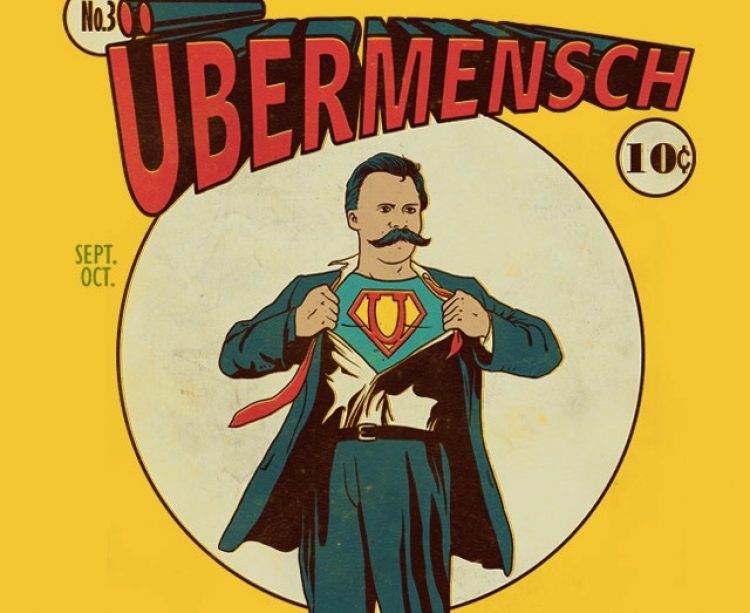
Superman
There’s almost an echo back to those character defining events, a psychological structure forms out of those cooking chambers and leaves behind scars that become reference points for your state of being.
What forces are at play and how are…
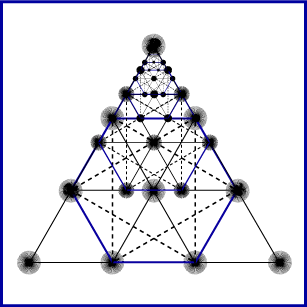
Numerology with Pythagoras
When looking for the origins of the theological study of mathematics within the Greek philosophical tradition we must of course start with Pythagoras (c. 570 – 490 BCE), whose strong connection to this field of study survives even to this…
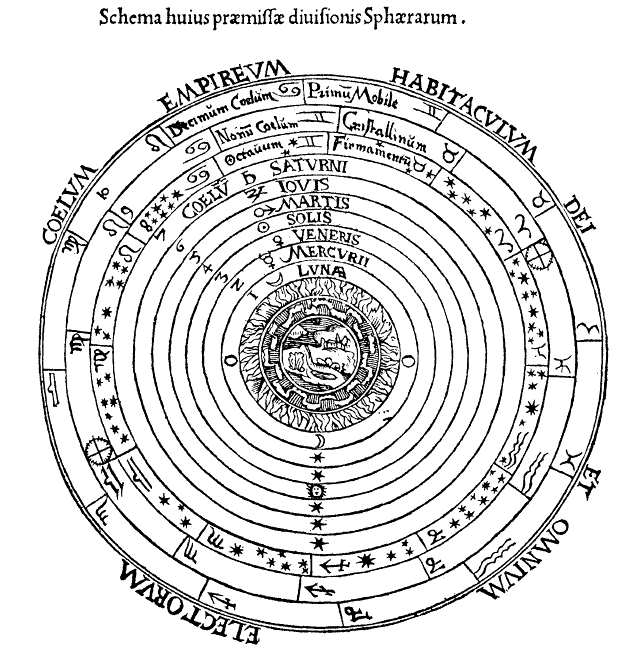
On Ancient Numerology and Astronomy
In their quest for the ultimate symbols to represent reality, an integral of their philosophical pursuits, the Greeks developed an esoteric tradition that although was not inconsistent with the pantheistic tradition within which it coexisted,…
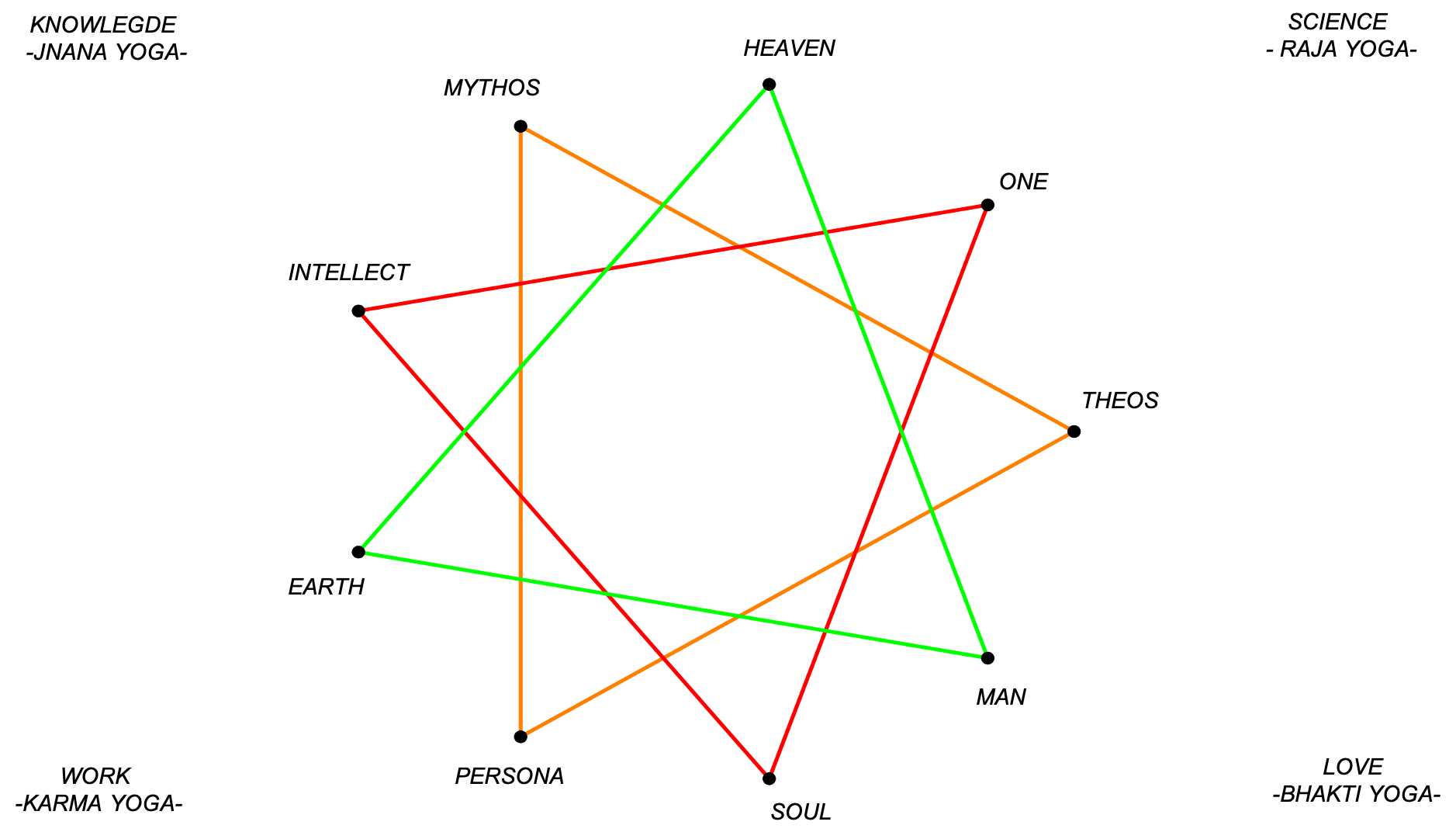
The Valdezian Ennead
What we add to this model, as a sort of stabilizing intellectual force on top of and somewhat orthogonal to the existing models presented above (Kant, Aristotle, Pirsig, Jung and others), a sort of re-alignment and shifting of intellectual ground…

The Bridge (aka the Valdez)
Somewhat reluctantly, it must be recognized that some sort of broad philosophical context must be established for the work at hand – Homo Mysticus and Theology Reconsidered taken as a tandem as it were, re-establishing the boundaries of…
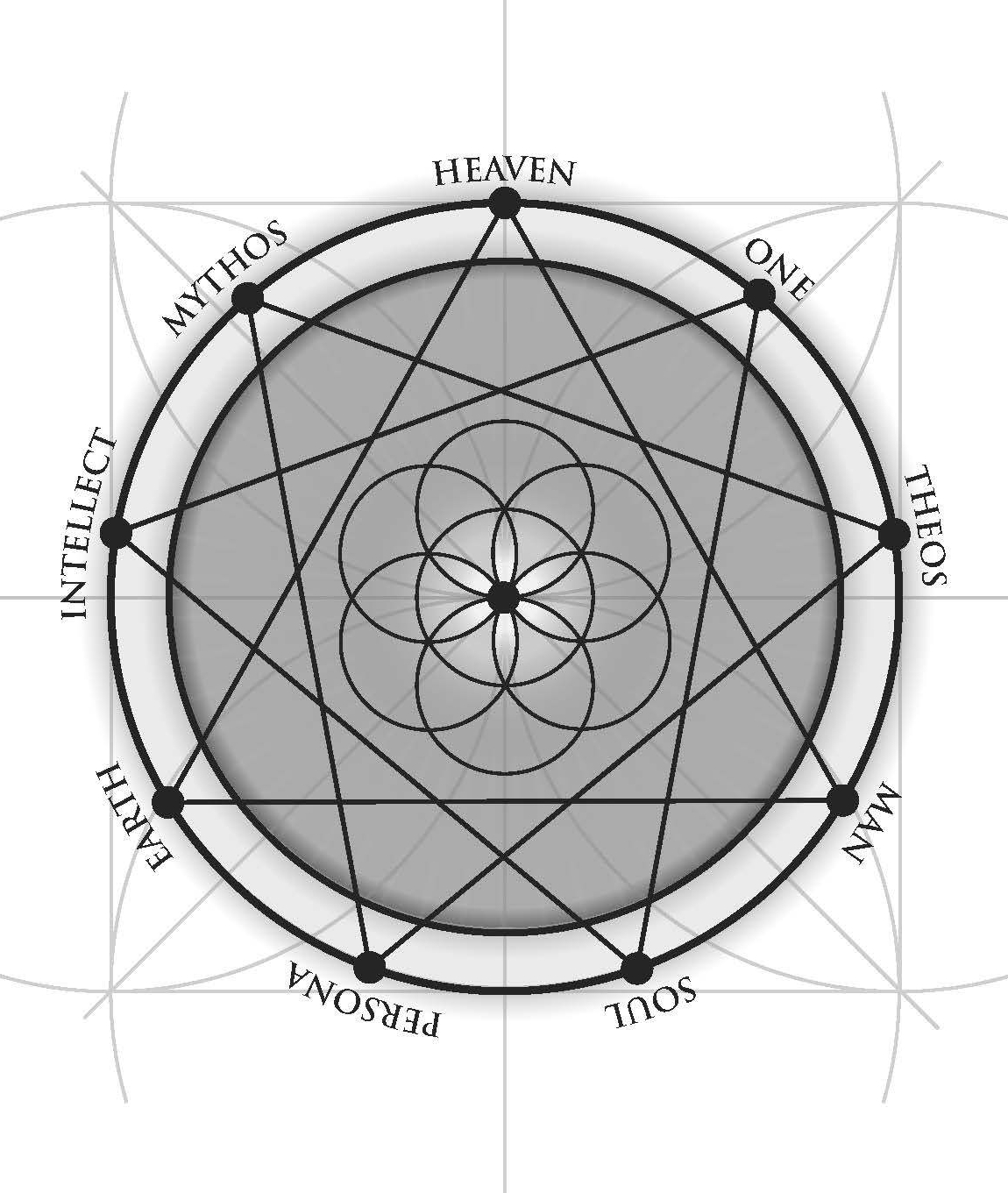
Eternal Return (Homo Mysticus excerpt)
Outside of the teacher to student relationship we have going on here, or at least the intentions of such, we are also trying to move knowledge forward for the collective as well. Press the boundaries of acceptable, relatable and real knowledge…

On Cause: Ursula and Homo Mysticus (excerpt)
I have a fascination with Ursula Le Guin. Not with her necessarily but the worlds she creates with her pen. My favorite is the Earthsea series which is perhaps one of the greatest Science fiction / fantasy novels / series of the twentieth century,…
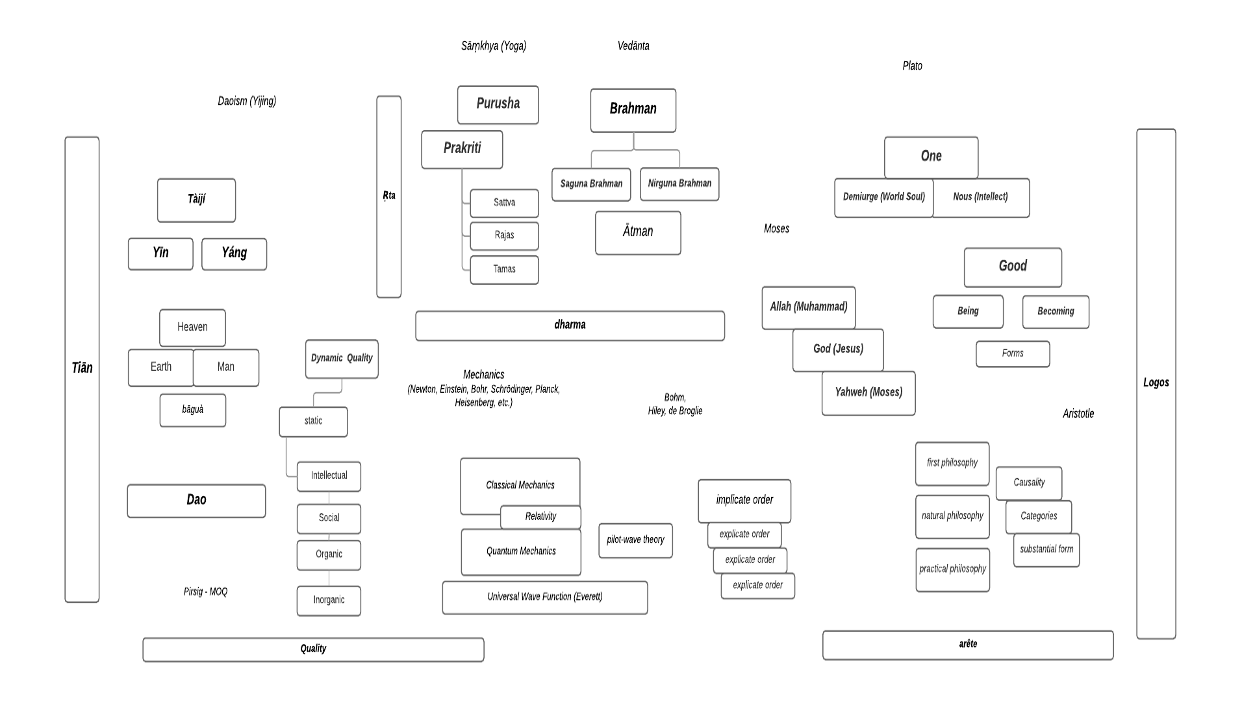
Postmodern Metaphysics
In many respects, one can consider the age that we live in, the Quantum Era, as one of intense intellectual crisis and turmoil, very much analogous to the crisis that the intellectuals faced during the Enlightenment Era after the world had…
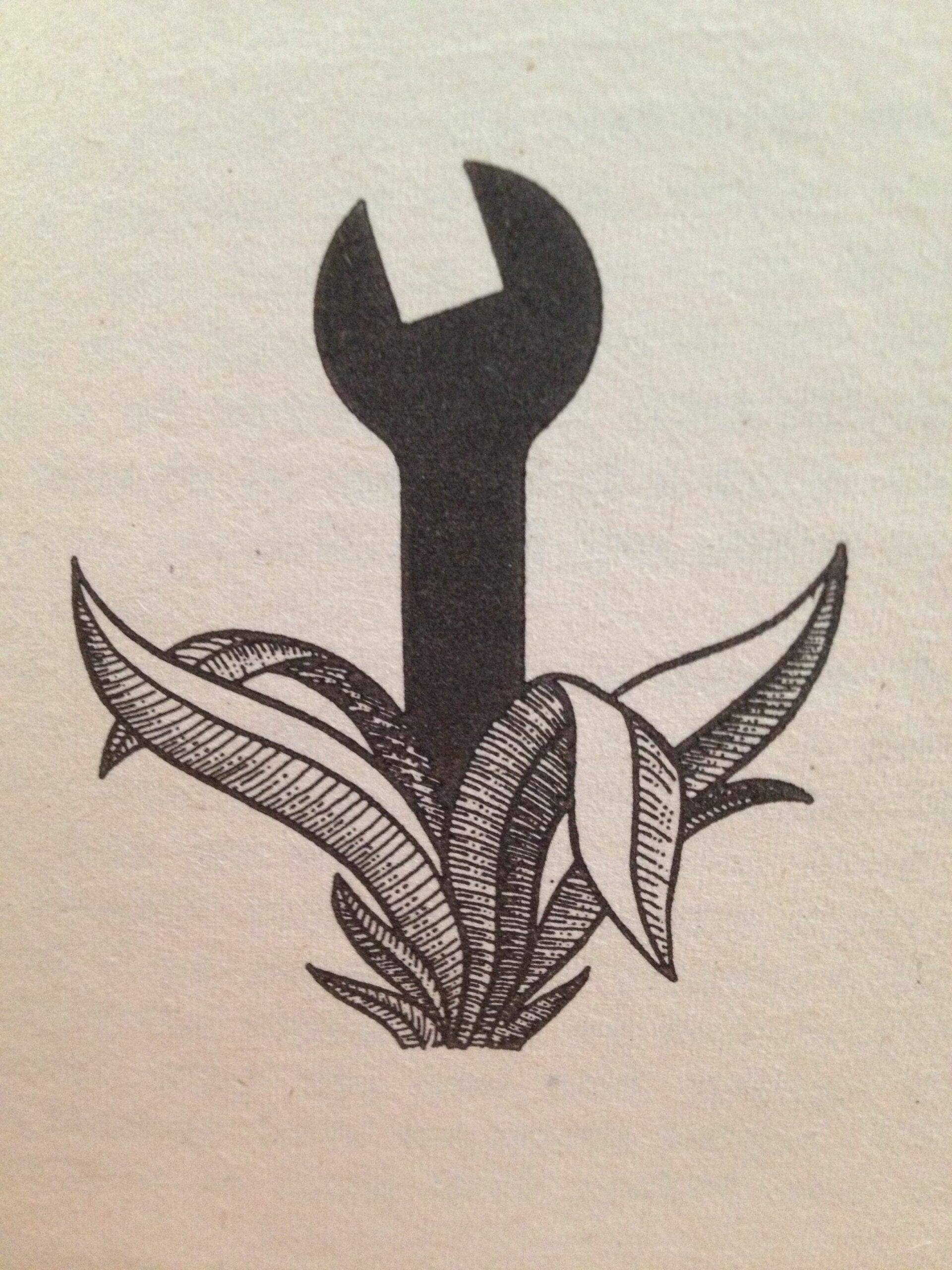
An Ontological Retrospective: Another Look at Aristotle and Pirsig’s Metaphysics of Quality
Throughout this work we have emphasized the influence of Aristotle, perhaps more so than any other (Western) philosopher – even relative to his teacher Plato. His importance and relevance as it relates to the development and evolution of…
